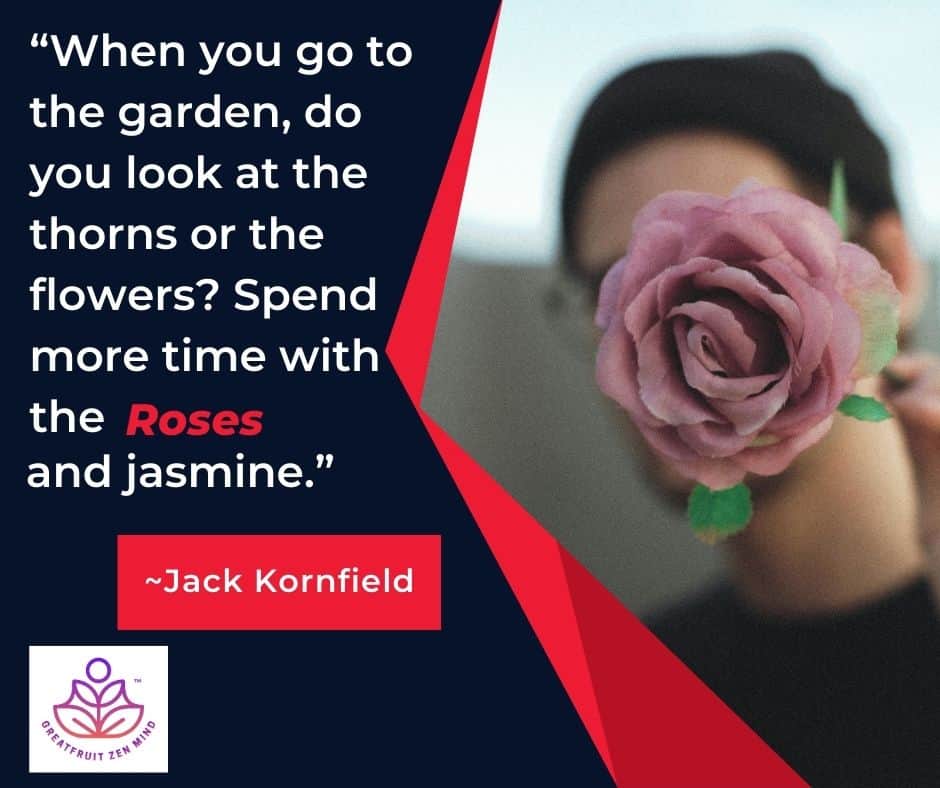Read time 3 minutes. A new perspective we can take when walking amidst the garden, roses and thorns.
At first glance, this lesson may sound like it is about optimism over pessimism. There is some of that here, but let us take it a step deeper. When we walk into a garden, our attention naturally goes to the beauty. We expect beauty, and the garden delivers. But a garden is not only roses—it is also thorns.
Existence itself is like a garden. In it, life and death are inseparably joined. Compost reminds us of this: the remnants of what was nourish the creation of what is to come. The garden holds both beautiful birds and slimy worms, both sunlit days and days of rain. Its flowers are vibrant, yet the soil beneath is a monotone brown. It is full of roses and full of thorns.
And yet, when we look at a rose, we do not linger on its thorns. We take in the wonder of it as a whole.
Whatever the rose is, it is that because of its totality.
Seeing the light of tao in others
Many spiritual teachings remind us to see the light of Tao in others. Why is it that when we gaze at a rose, we can so easily look past the thorns, yet when we meet another human being, our eyes rush to their flaws?
Our first impulse might be to say: “Very well, I will make an effort to look past others’ shortcomings and see their true nature.” But if we take this route, we miss the point. Zen is not about jumping through hoops to force transformation. It is about positioning ourselves so that transformation arises naturally.
As Eckhart Tolle reminds us:
“All things in nature are not only one with themselves but also one with the totality. They haven’t removed themselves from the fabric of the whole by claiming a separate existence: ‘me’ and the rest of the universe. The contemplation of nature can free you of that ‘me,’ the great troublemaker.”
The rose does not claim separation. It is itself, and it is totality. In contemplating the rose, we begin to glimpse what it means to be free of me, the troublemaker.
Being, amidst roses and thorns
So how do we begin to see Tao in others, to live more fully in the oneness of things? The answer has already been given:
“Spend more time with the roses and the jasmine.”
We may enter the garden with an expectation of beauty. But it is not effort or striving that brings transformation. It is simply being—resting in the ease of what is—that positions us for the shift.
As Shakespeare wrote:
“What’s in a name? That which we call a rose by any other name would smell as sweet.”
In true contemplation of the rose, all names dissolve. The rose has no name, nor do we. There is no me, no them, no separate identities. There is only being—amidst the roses and amidst the thorns.
–
Let your inner transformation begin today.
If it hasn’t already.
StartZenRevolution
🌀 From the GZM Archives – Polished, Preserved, Still Relevant.


Leave a Reply